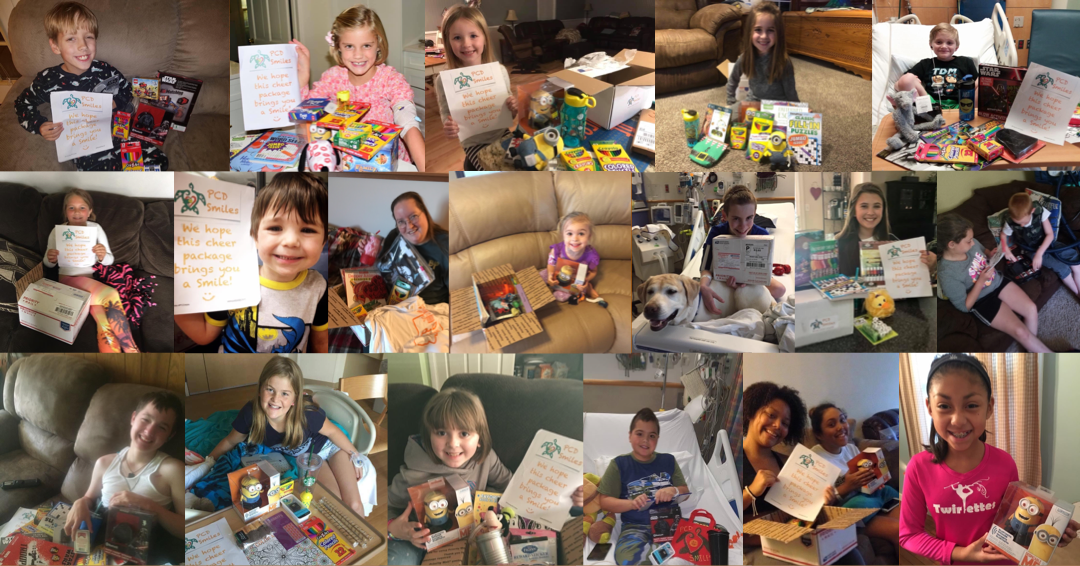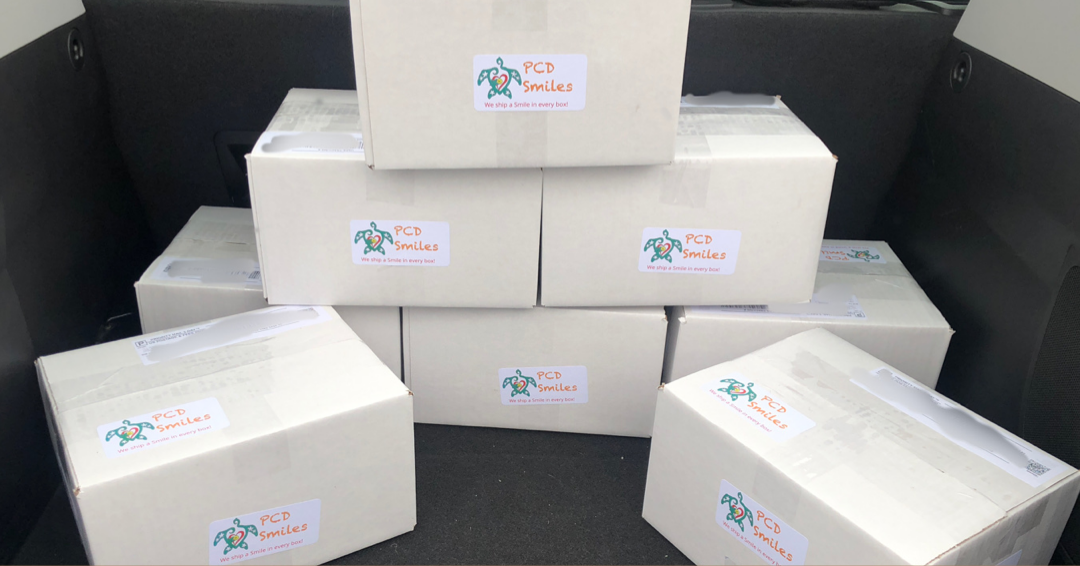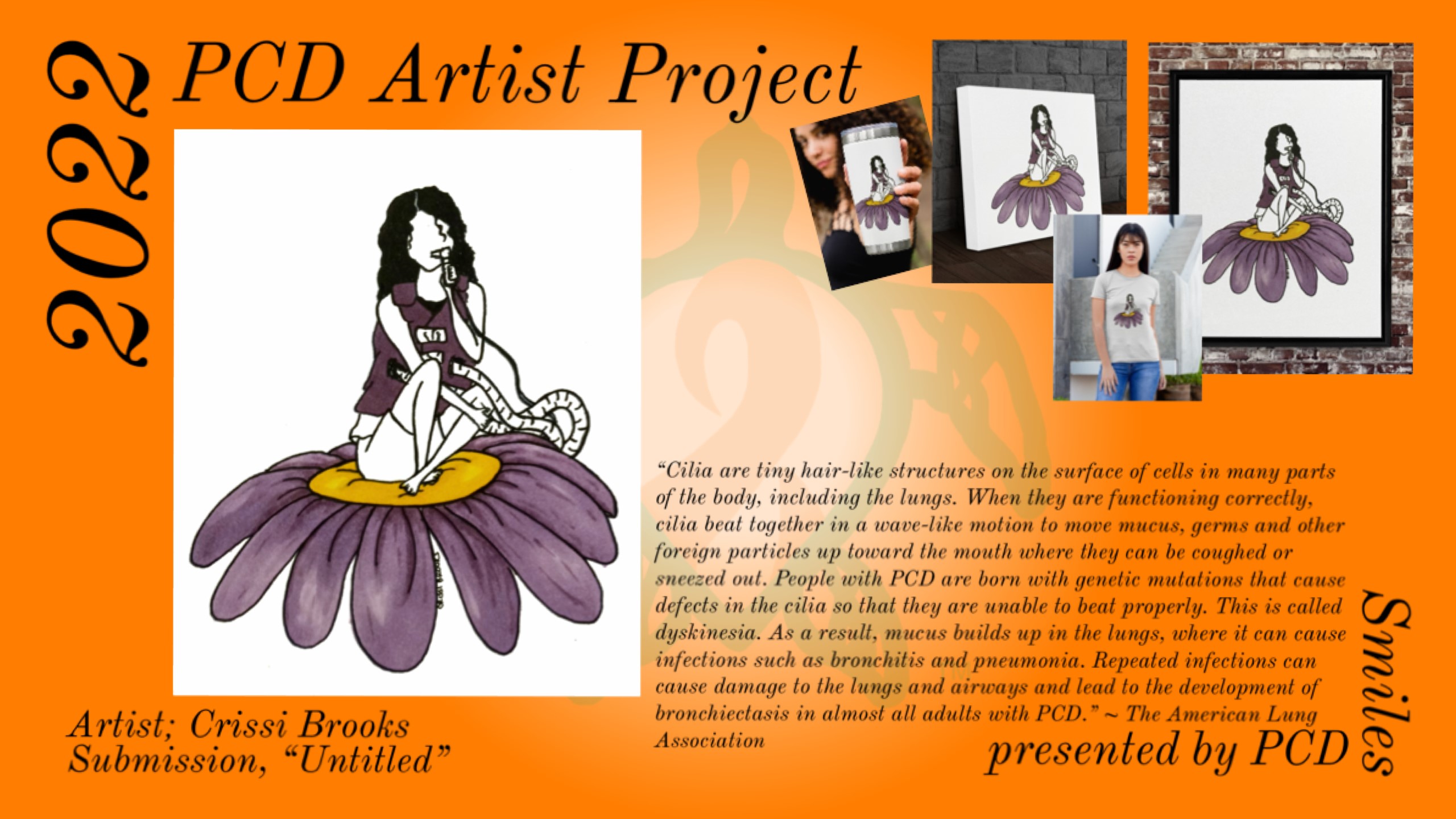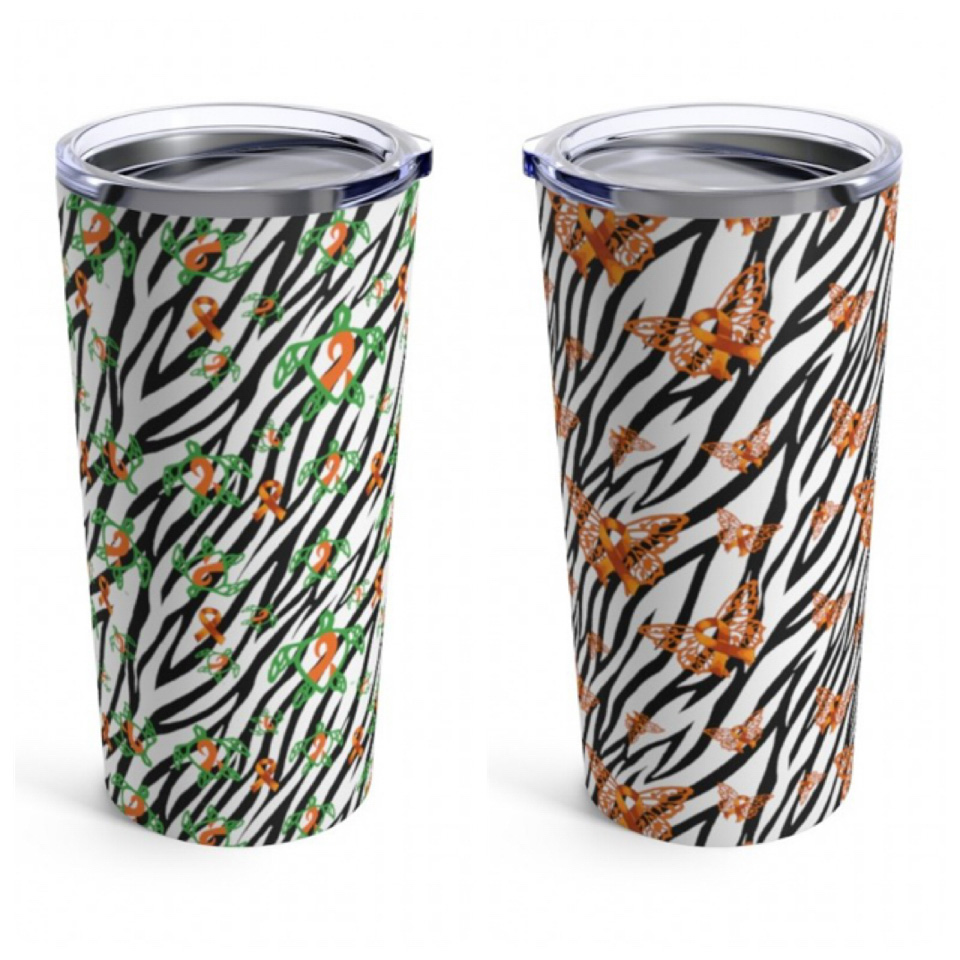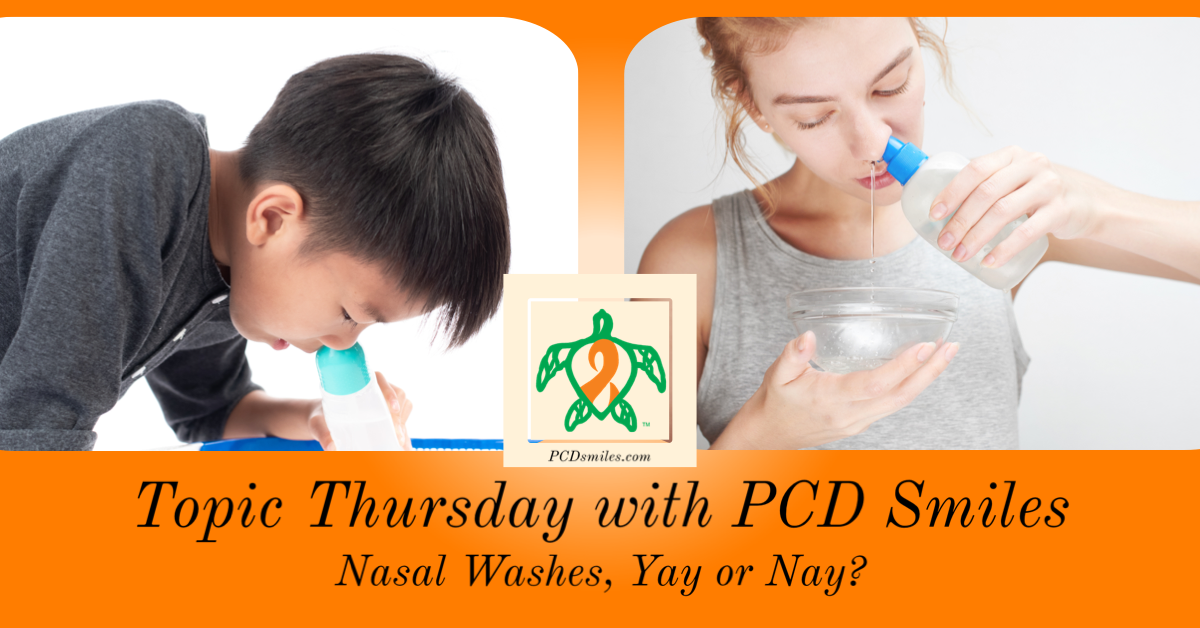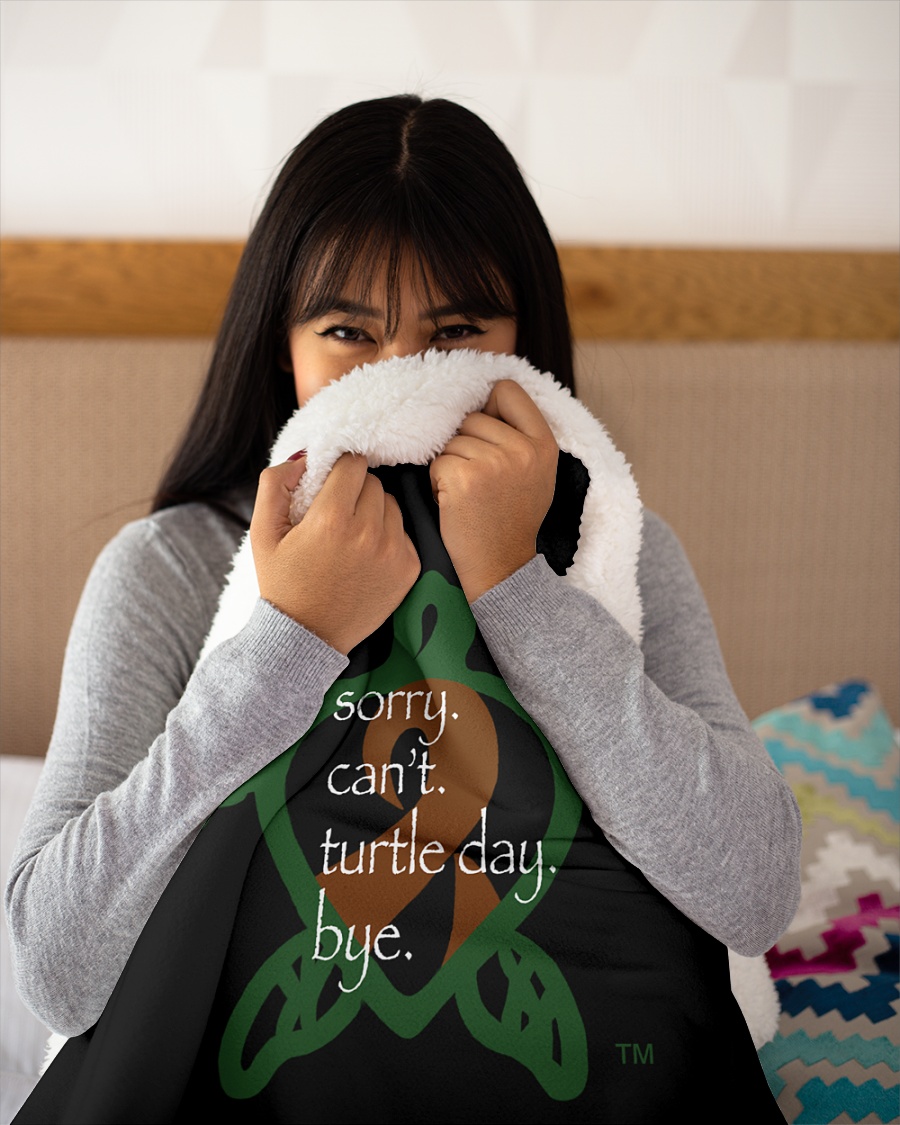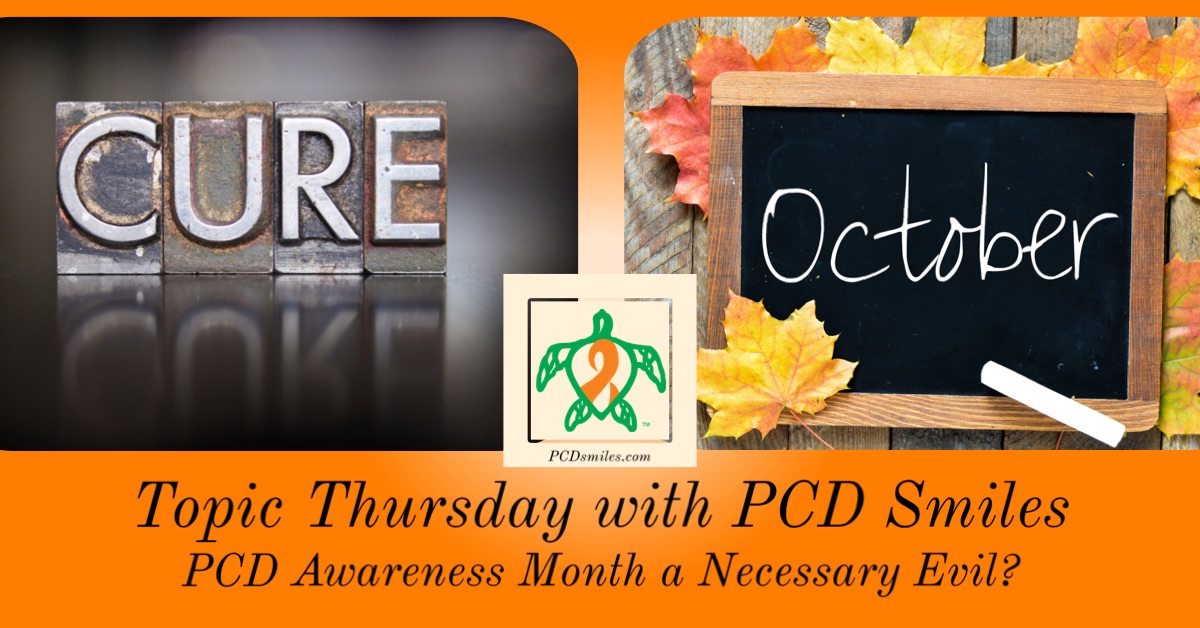Dear Smile E.,
I was diagnosed with PCD about a year ago, I’m in my twenties and I’m kind of worried about my future. I’ve recently started trying to research PCD and find out what’s in store for me. I see many people say that transplants are needed, but then there are an equal number saying transplants aren’t very common. In the new group I’m part of, there are very sick and very healthy people with PCD in it, and to make it more confusing they are all different ages. I see lots of debate on the subject, but no hard and true fast numbers. How can I go about finding what my future holds, whom do I believe, and whom should I compare myself with?
Signed,
Very Concerned and Confused
Dear Very Concerned and Confused,
Your questions are difficult ones. They are difficult because of many reasons, most notably the fact that there is no longterm quantifiable scientific data for PCD. PCD research is in it’s infancy and because of that there are no real answers yet, only guesses and assumptions. It’s kind of like with how PCD treatments are full of guesses and assumptions as well. What we know today about PCD is only based on looking at the small sampling of the confirmed patients with actual diagnoses of PCD. That quantifiable data doesn’t take into account any of the babies who died shortly after birth due to PCD complications, who had yet to receive a PCD diagnosis prior to their deaths. The data also doesn’t take into consideration the number of transplant patients who went undiagnosed with PCD and received transplants without ever receiving a diagnosis of PCD. The data also doesn’t count the over twenty-five thousand people who researchers believe are in the United States alone and actually have PCD but do not even know it, nor suspect they even have PCD. And the scientific data to this point also doesn’t include information from those people who went their whole lives, however long that may have been before their death, without a PCD diagnosis.
What I can tell you is, that PCD has such a wide range of severity that trying to compare yourself to another PCD patient would be like trying to nail jello to a wall with a fork; there really is just no way to do it. PCD can be summed up as your body’s inability to naturally filter out germs, bacteria and particles. Now the hard part in determining your outcome is that every single PCD patient has unique experiences. Unique in the way that every single one of them is exposed at different times, in different places, and a different points in their lives to all sorts of particles, bacteria, and germs. Each patient also has their own set of comorbidities; which is the simultaneous presence of two or more chronic diseases or conditions in the same patient. Each patient also has their own unique date, time, or point in their life when their medical treatment began; and their own unique medical journey. All that and more shapes the way that their bodies are damaged by non-working cilia, it shapes the speed of the damage caused by their non-working cilia, and it shapes the way infections become nastier and antibiotic resistant as well. So you see it really isn’t fair to yourself and to your life to try and narrow the scope of your life and it’s journey to one or two unique set of outcomes or groups of PCD patients.
My best advice, based on my own journey with PCD, is get out and live your life, follow your treatment plan, be actively involved in shaping your treatment plan, be equally involved in shaping your medical team, actually get to know and study PCD, allow PCD to become part of your journey don’t fight it, work hard to defy the odds, and don’t let anyone try to quantify your experiences into a neat little box. I say this because life is messy, and life is beautiful at the same time and can never be contained within a simple box. I write this while reflecting on my own journey with PCD, a journey were I was constantly given expiration date after new expiration date as I grew older. As I child I was prepared by those around me, with good intentions mind you, to understand that I would never grow old, drive a car, graduate high school, get married, work, and I could go on for hours about what I was told that I’d never experience or do. Suffices to say that I’m still here, and in hindsight, I could have done without the doomsday predictions shaping what I planned or didn’t plan for, for my future. I say all this with great love and guidance, because none of us are ever guaranteed a tomorrow; so live life to the best of your ability and try not to live too much in the tomorrows. Because as the saying goes; “Yesterday is history. Tomorrow is a mystery. But today is a gift, that is why they call it the present.”
Yours Truly,
Smile E. Turtle
Do you have a question for Smile E.?
Please EMAIL your questions to;
And tune in next Sunday to read the latest Ask Smile E.
Join our Facebook group Turtle Talk Café today, click here.
We have several ways that you can donate to PCD Smiles;
- Visit Smile E. Turtle's Amazon Wishlist
- For more information on how you can donate, please visit our "Donation" page to check out our "Do & Don't policies.
- Or sponsor a PCD Smiles cheer package today!
- To shop for your “Official” turtle care ribbon gear today, visit PCD Style or Smile E. Cove
Thank you for your consideration!
